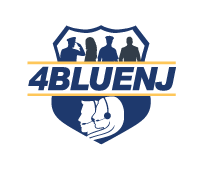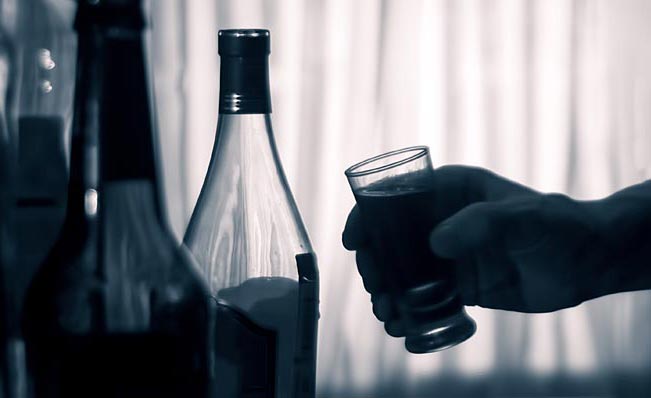“My name is David and I am an alcoholic” might have been the hardest statement that I have ever had to come to grips with, especially when I was still on the job. I joked for years that I was a problem drinker and wore that moniker as a badge of honor, and even considered it a rite of passage. I had been guilty of saying things like, stopping drinking is for “quitters”, and that I was a drunk, not an alcoholic, because alcoholics go to meetings. This is common place talk for most alcoholics and if you are a problem drinker, you can surely relate. Then came the day that I could no longer evade, and I had to concede to myself that I was an alcoholic. I had attempted the infamous “I am only having a couple” lie again, and after waking up the next day hung over, I was absolutely baffled; why couldn’t I control my drinking?
Most problem drinkers are aware that when they admit that they are an alcoholic, the solution is abstinence and the game is over. This explains why we continue to drink long after the point where we can safely predict what will happen once we start. So, most don’t event attempt to stop until after we make countless vain attempts believing that we can drink like other people. And we quit because of circumstance, not usually virtue. When finally,we reach this point, which many people in recovery call “a moment of clarity”, we recognize that we need help, and are ready to reach out for it. And when we do, we usually reach out to clergy,the medical community, or a union representative.
For most people, the admittance of alcoholism, and the need to ask for help, brings them to the doorstep of a church, and then down the stairs to the church basement to an alcoholics anonymous meeting. When a “civilian” goes to an A.A. meeting, they are usually a little nervous about running into people they know. And when it is explained to them that everyone is there for the same reason, the nervousness typically fades. When a law enforcement officer finally asks for help and is directed to A.A, the officer faces anxiety about running into more than just his neighbor.
Though alcoholism affects a percentage of the population regardless of their profession, law enforcement officers face unique problems when they finally decide to go to an A.A. meeting. Some of the concerns are; Will the meetings be full of “bad guys” and not a safe environment for cops? Will the fact that I am going to meetings get back to my department? Will the attendees hold my position against me and contact my department? One could add many more reasons to this list that a police or corrections officer could use to justify not going to an AA meeting. And without a meeting, the chances of recovery are small.
Law enforcement officers have been getting sober for years. And while having to navigate this meeting issue might have been problematic in the past, it is much less so today. Whether your department is involved or not, today’s law enforcement officers have numerous tools available to them to help them get the help they need for substance abuse issues. There are programs that are confidential and designed to help the officer acclimate to a life of sobriety. One such program is the 4BlueNJ program. 4BlueNJ is a confidential police hotline that provides peer support, clinical referrals, and assessments to law enforcement officers and their families. You can call them at (888) 425-8365.
It has been an honor to work at 4BlueNJ, and to get to pay forward the kindness and understanding that peer support showed to me when I asked for help in 2005. We at 4BlueNJ are fully aware of what an officer seeking help is going through, because all of us have gone through the process ourselves. Getting sober while still on the job presents some unique challenges, and hurdles, and we hope that is comforting to you to know that someone who can help is always only a phone call away. And that that someone understands what you’re going through because they have first-hand experience having gone through something similar themselves. These shared experiences are the basis for peer support.
If you or someone you work with has a substance abuse issue, please do not hesitate to call and we can work together to help solve your problem. Whether it is going to treatment or a ” Bottles and Badges” meeting, 4BlueNJ is here for you and our only aim to help our brothers and sisters.


